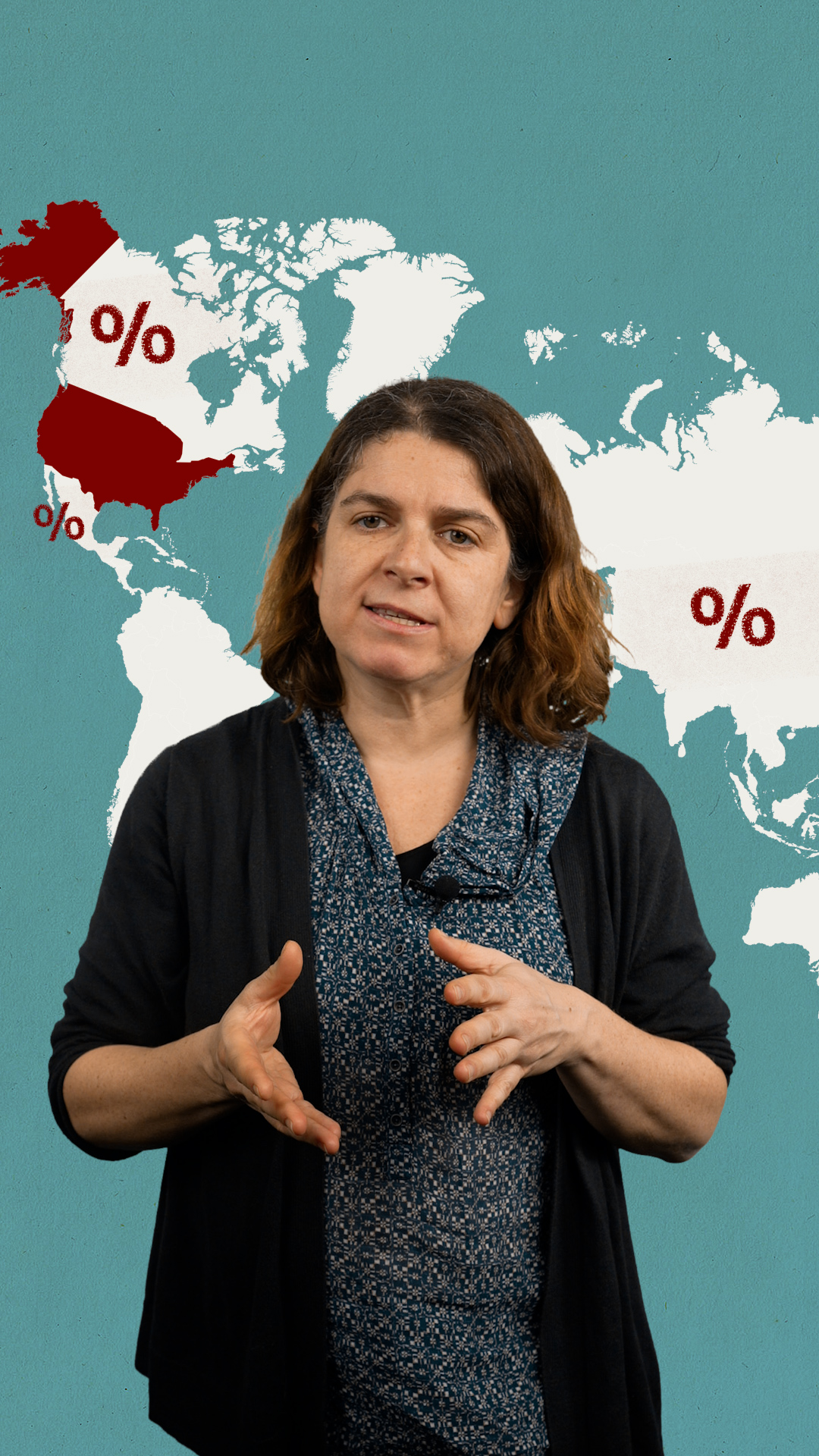
Swiss Senate votes to extend short-time working to counter tariffs

The Swiss Senate has approved the extension of short-time working compensation from 18 to 24 months in the face of United States tariffs.
+Get the most important news from Switzerland in your inbox
Businesses have demanded the measure since since tariffs were raised. It has now cleared the first parliamentary hurdle.
According to the parliamentary chamber, Swiss companies should in future be able to receive short-time working compensation for up to 24 months instead of the current 18 months.
+ How US tariffs are impacting the Swiss economy
The bill is aimed primarily at companies in the tech industry and their suppliers, which have been suffering from economic weaknesses for two years and have already introduced short-time working.
Added to this are the tariffs of 39% imposed by the US for an indefinite period. According to the Senate, this new situation is the main reason why the tried-and-tested instrument of short-time working should be extended for a limited period until the end of 2028.
The Federal Council supports the proposal. The House of Representatives will also debate the bill next week.

More
What is a tariff? A quick guide
Translated from German by DeepL/mga
We select the most relevant news for an international audience and use automatic translation tools to translate them into English. A journalist then reviews the translation for clarity and accuracy before publication.
Providing you with automatically translated news gives us the time to write more in-depth articles. The news stories we select have been written and carefully fact-checked by an external editorial team from news agencies such as Bloomberg or Keystone.
If you have any questions about how we work, write to us at english@swissinfo.ch

In compliance with the JTI standards
More: SWI swissinfo.ch certified by the Journalism Trust Initiative




























You can find an overview of ongoing debates with our journalists here . Please join us!
If you want to start a conversation about a topic raised in this article or want to report factual errors, email us at english@swissinfo.ch.